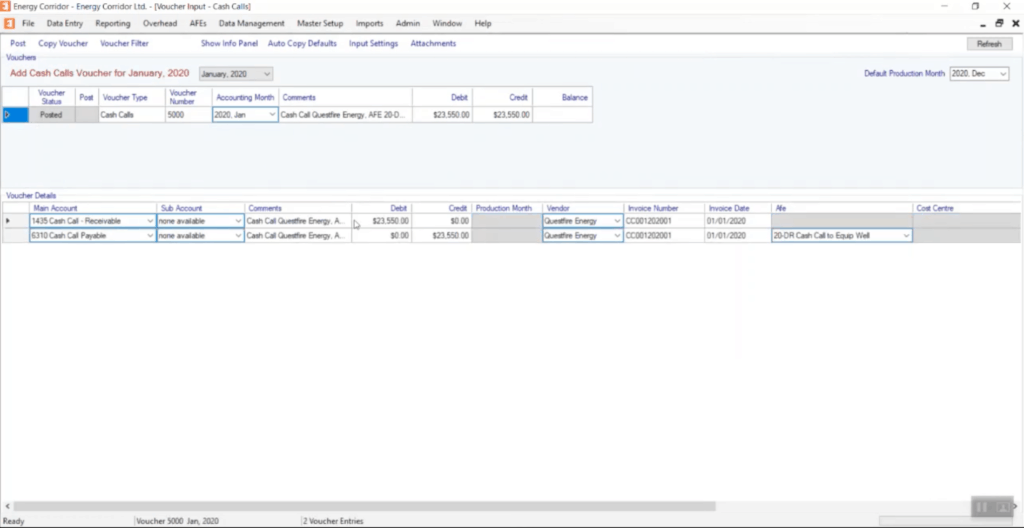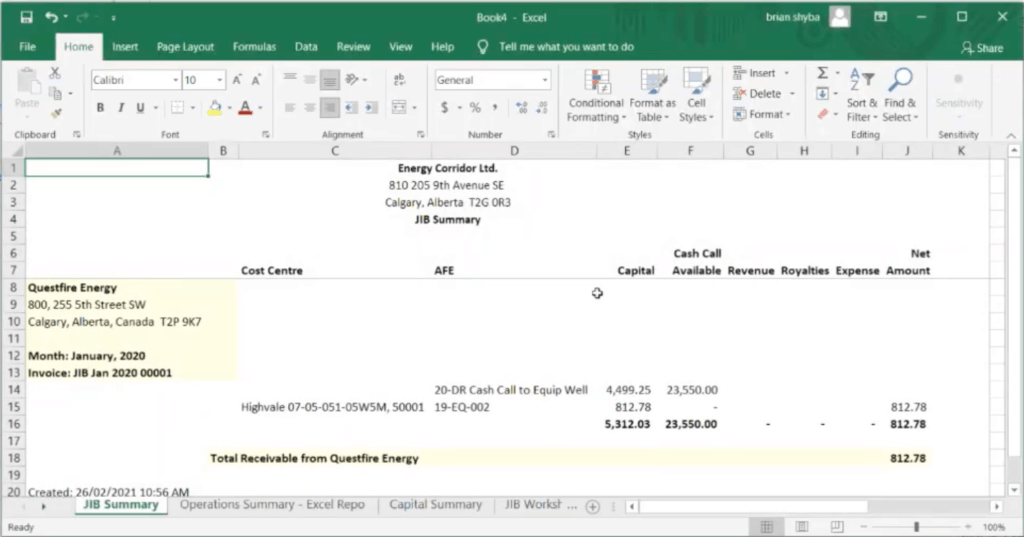
We provide live support for every Energy Corridor customer. If you need help, you can call us, and you’ll get an expert on the phone right away. If you prefer email, you can contact us that way, and you’ll get a timely response.
This level of support is standard for every Energy Corridor customer. It’s not part of our Pro package. You don’t have to pay extra for it. It’s just how we support our customers.
We provide live support because we know that accounting is a fast-paced profession. When you need an answer, you need it now. Filing a support ticket won’t help you. You can’t wait a day for someone to get back to you. You need a quick answer so you can get your report out, then move on to the next task
If you can’t get an answer right away, you might be forced to use some awkward workaround. Or worse, your results might be incorrect. We don’t want that to happen.
We believe live support makes us stand out. As far as we know, our competitors don’t offer it. In fact, we hear they’re cutting back on support, which means their ticket queues are getting longer and longer.
We also believe that live support simplifies our business. We don’t have to track customer service metrics because we know they’re already as low as we can make them. Ticket volume and ticket backlog: 0. Average reply time and average first response time: usually the first or second ring. Average resolution time: the length of our call.
But live support is not the only way we help our customers. Besides being fast, we’re also good. We keep our communications open. We want to know not just what you’re trying to do, but why you’re doing it. Knowing your end goal helps us find the best answer. Sometimes we can help you find simple.
What’s more, we’re personable. We get to know you and your business. That way, when we offer you technical support, it’s tailor-made for you.
Finally, we recognize that no software is perfect, including ours. Every system has its flaws and limitations. So when your support call reveals a defect in our system, we fix it promptly. If your call points to a desirable new feature, we’ll add it to our roadmap.
Live support, open communications, and custom solutions tailored to your business — we think these things make us stand out.
If you need help, you can reach us via our contact form. Or better yet, call 587-392-4021.
Book a Demo
To learn more about Energy Corridor, contact us for a demo.




